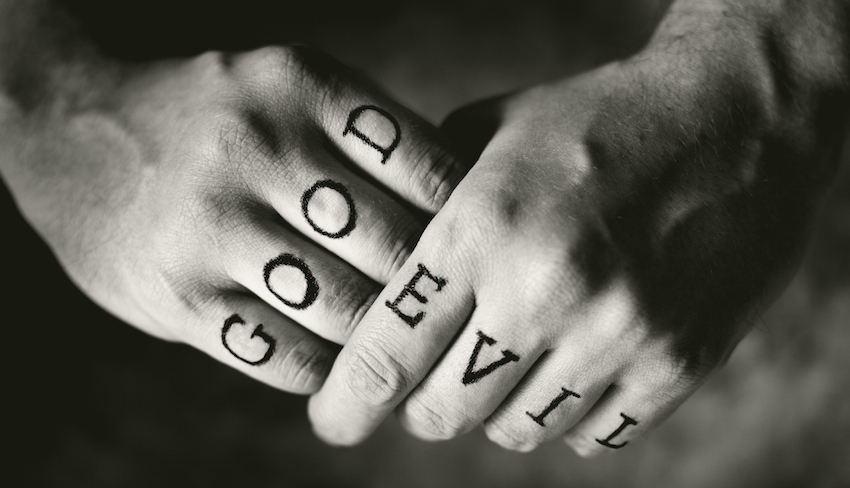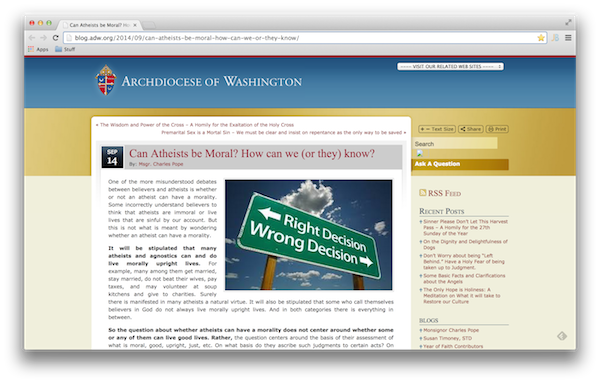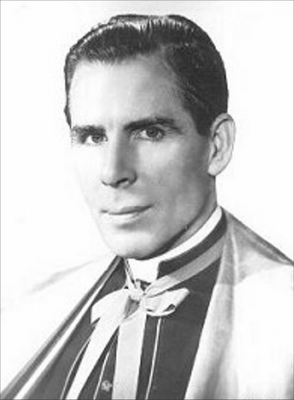Mere Christianity – Book I – Chapter 1 (“The Law of Human Nature”)

Notes & Quotes
Here are my notes for the first chapter of Mere Christianity. In this chapter, Jack argues two main points:
1. There is a Law of Human Nature
“…the man who makes [these objections] is not merely saying that the other man’s behaviour does not happen to please him. He is appealing to some kind of standard of behaviour which he expects the other man to know about”
“Quarrelling means trying to show that the other man is in the wrong. And there would be no sense in trying to do that unless you and he had some sort of agreement as to what Right and Wrong are; just as there would be no sense in saying that a footballer had committed a foul unless there was some agreement about the rules of football”
(a) The Law of Human Nature is the only one which we can choose to disobey
“a body could not choose whether it obeyed the law of gravitation or not, but a man could choose either to obey the Law of Human Nature or to disobey it… As a body [a man] is subjected to gravitation…if you leave him unsupported in mid-air, he has no more choice about falling than a stone has…but the law which is peculiar to human nature…is the one he can disobey if he chooses”
(b) You may still find a few people who don’t really know the Law of Human Nature
“…you might not find an odd individual here and there who did not know it, just as you find a few people who are colour-blind or have no ear for a tune”
(c) Differences in morality are not that great
“…some people say…different civilisations and different ages have had quite different moralities. But this is not true. There have been differences between their moralities, but these have never amounted to anything like a total difference”
“…think what a totally different morality would mean. Think of a country where people were admired for running away in a battle, or where a man felt proud of double-crossing all the people who had been kindest to him. You might just as well imagine a country where two and two made five”
(d) Those who deny a real Right and Wrong will accidentally betray themselves
“He may break his promise to you, but if you try breaking one to him he will be complaining ‘It’s not fair’ before you can say Jack Robinson”
We see the presence of the Moral Law more clearly in our reactions, rather than our actions.
2. We do not keep this Law
(a) That doesn’t change the Law itself
“…people sometimes get their sums wrong; but they are not a matter of mere taste and opinion any more than the multiplication table”
(b) Our excuses prove we do not keep the Law
“If we do not believe in decent behaviour, why should we be so anxious to make excuses for not having behaved decently?”
(c) We demonstrate the Law by only make excuses for the bad things, not the good.
“…you notice that it is only for our bad behaviour that we find all these explanations. It is only our bad temper that we put down to being tired or worried or hungry; we put our good temper down to ourselves”
Discussion Questions
1. What does Lewis argue we can we learn from the way people quarrel?
2. Why should we believe that the Law of Human Nature is real?
3. Do you think it’s true that we don’t live according to the Law of Human Nature?
C.S. Lewis Doodle
 Have you accepted the modern two story world narrative as your own? What story are you living in?
Have you accepted the modern two story world narrative as your own? What story are you living in? Before I took a break for Advent I
Before I took a break for Advent I 



